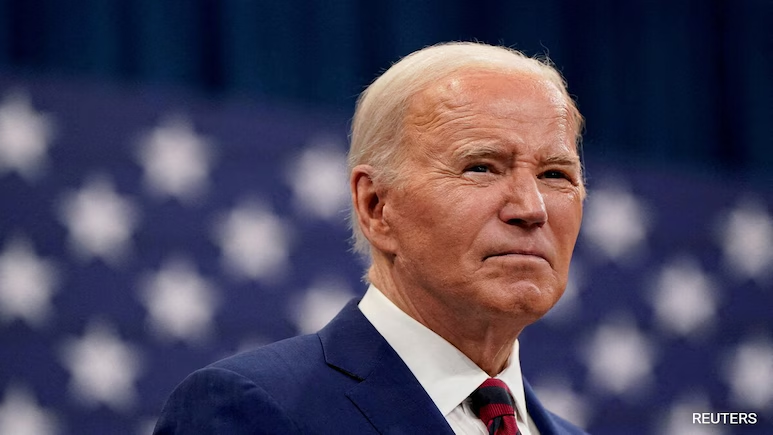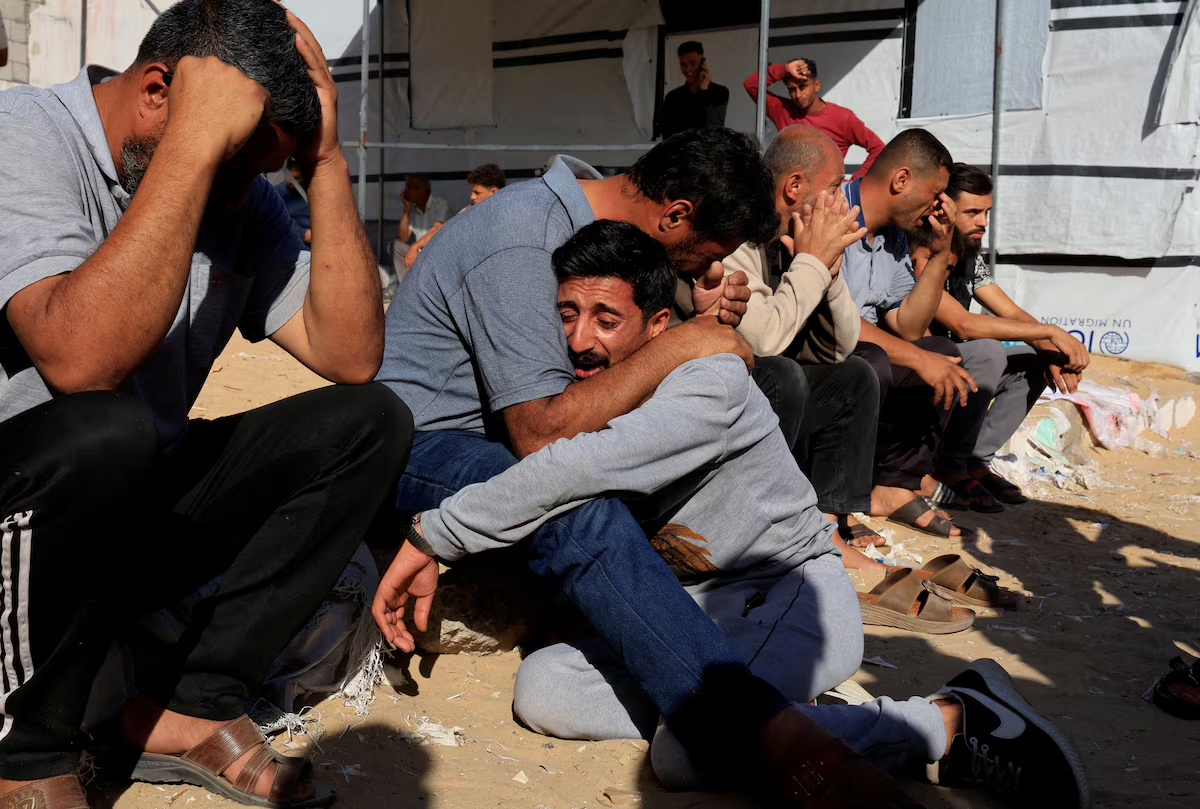U.S. President Joe Biden is moving forward with a $1 billion weapons package for Israel, even as concerns grow globally over Israel’s planned full-scale assault on Rafah, the southernmost city in Gaza. The move has sparked significant backlash among human rights groups and lawmakers who argue that continued military aid undermines efforts to pressure Israel into restraint amid a worsening humanitarian catastrophe.
According to U.S. officials, the proposed package includes tank ammunition, tactical vehicles, and mortar rounds. The deal is currently under congressional review, but Biden has signaled his intention to proceed, asserting that supporting Israel’s right to self-defense remains a top priority for his administration.
The announcement comes just days after Biden warned Israeli Prime Minister Benjamin Netanyahu against launching a large-scale operation in Rafah without adequate civilian protections. More than 1.4 million Palestinians, many of whom are displaced from other parts of Gaza, are currently sheltering in Rafah. Aid agencies have warned that a ground assault could lead to mass casualties and further displacement.
Despite those warnings, the Israeli military has continued operations in the city’s outskirts, and indications suggest preparations for a broader offensive are underway. Biden’s decision to approve the arms deal—even as he publicly cautions Israel—has drawn accusations of hypocrisy.
“Approving a billion-dollar arms transfer at the same time as warning Israel not to escalate in Rafah sends mixed signals,” said Sarah Leah Whitson of Democracy for the Arab World Now (DAWN). “You cannot enable a military campaign while claiming to oppose it.”
Progressive U.S. lawmakers have echoed similar concerns. Senator Bernie Sanders and Representative Alexandria Ocasio-Cortez have both demanded a suspension of military aid until Israel halts its operations in Gaza and allows unimpeded humanitarian access.
In response to the backlash, White House National Security Council spokesperson John Kirby defended the administration’s position, stating, “Israel faces ongoing security threats, and our support for its right to defend itself is ironclad. At the same time, we continue to press Israel to minimize civilian harm.”
According to the UN, more than 35,000 Palestinians have been killed in Gaza since October 2023, the majority of them women and children. The humanitarian situation continues to deteriorate rapidly, with famine-like conditions, collapsing healthcare infrastructure, and the near-total destruction of housing in the northern and central parts of the enclave.
The proposed U.S. arms package does not include precision-guided bombs or the types of weapons that were recently paused by the administration over concerns about their use in densely populated areas. Nonetheless, critics argue that the latest deal will only embolden the Netanyahu government.
Israel, for its part, continues to assert that its military actions are necessary to eliminate Hamas, which it blames for the October 2023 attacks that sparked the current war. Israeli officials have said Rafah remains the last Hamas stronghold and that a ground operation is essential to victory.
The Biden administration maintains that it is working behind the scenes to promote a diplomatic resolution, and U.S. officials are involved in ongoing talks with Qatari and Egyptian intermediaries. However, ceasefire negotiations have stalled, with Hamas demanding a full withdrawal of Israeli forces and Israel rejecting any terms that allow Hamas to retain control in Gaza.
As the war in Gaza grinds on and U.S. military aid continues to flow, Biden finds himself under increasing pressure to reconcile his stated commitment to human rights with America’s longstanding alliance with Israel. For now, his latest arms package suggests that strategic interests continue to outweigh humanitarian concerns.
Source: NDTV



